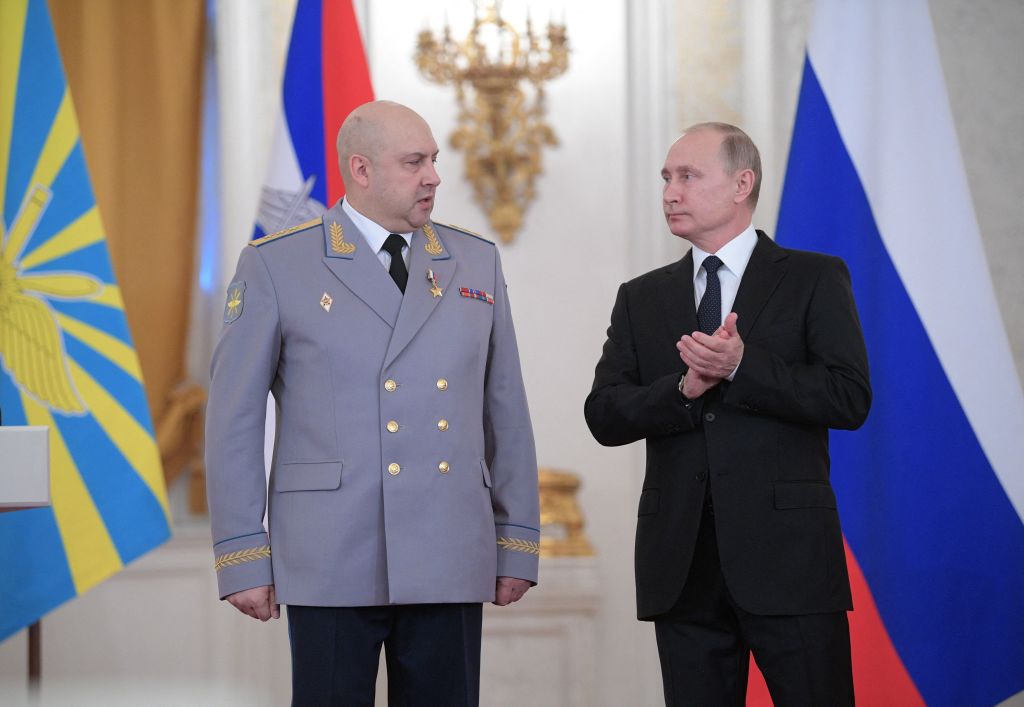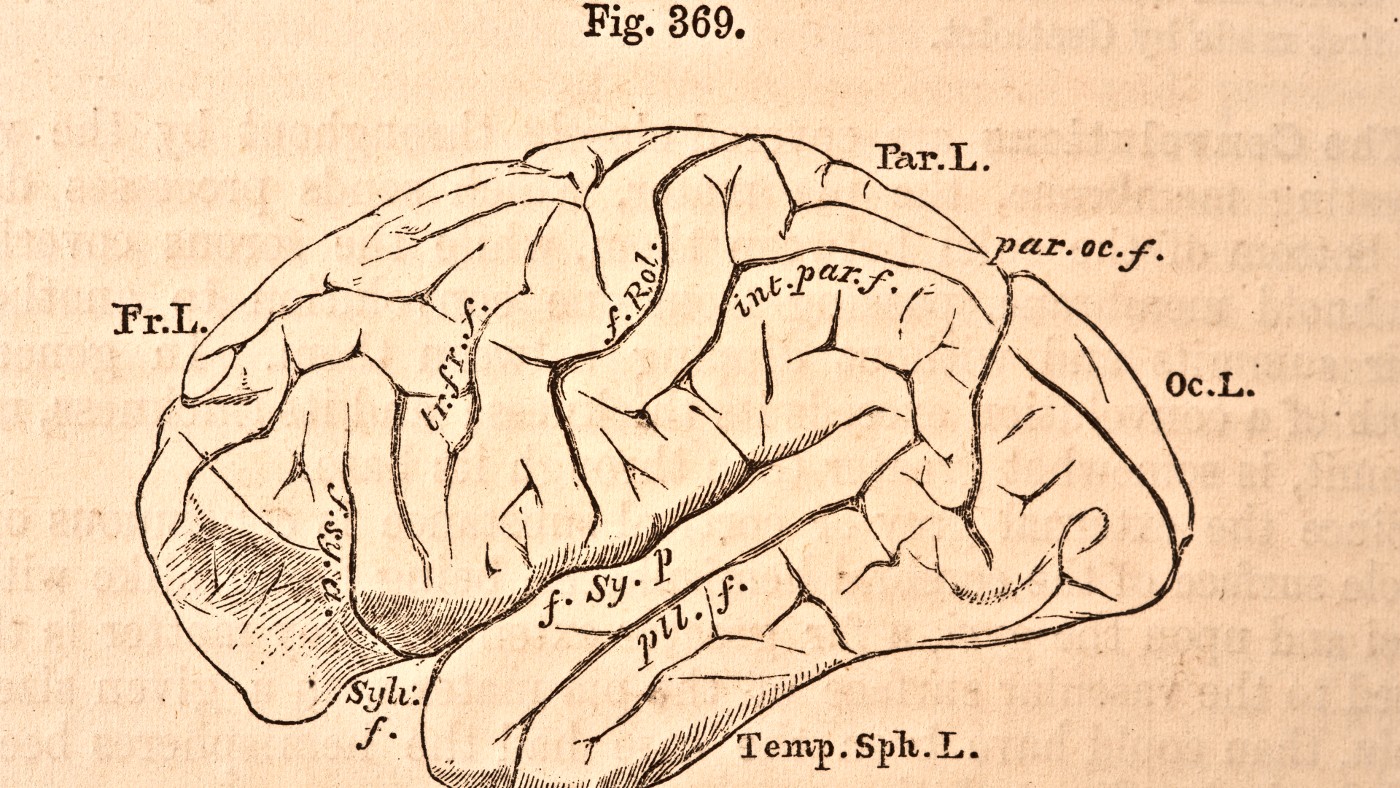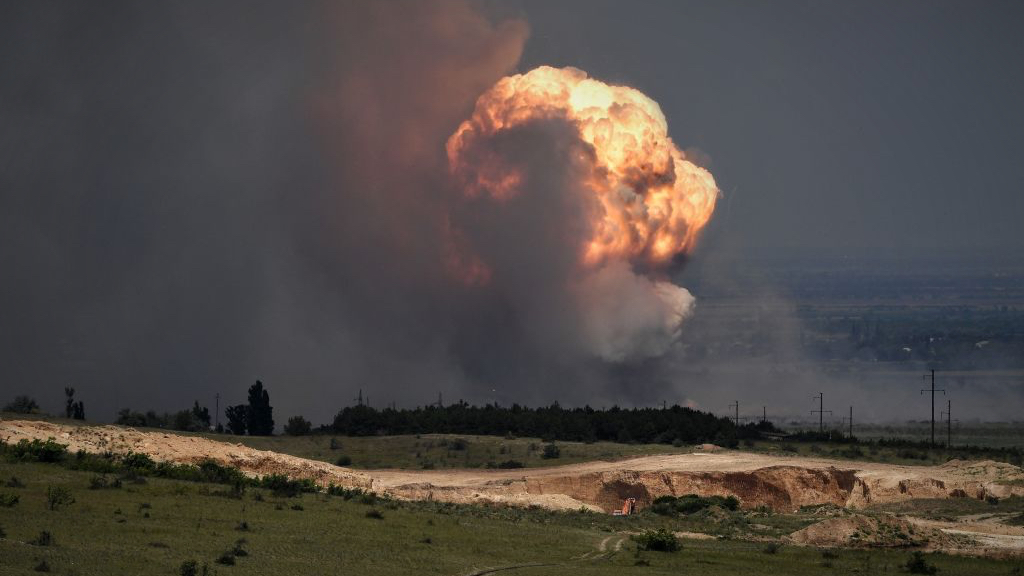Top Russian general knew about Wagner's mutiny beforehand, U.S. intelligence assesses


A free daily email with the biggest news stories of the day – and the best features from TheWeek.com
You are now subscribed
Your newsletter sign-up was successful
At least one senior Russian military official, Gen. Sergei Surovikin, had advance knowledge of Wagner chief Yevgeny Prigozhin's plan to rebel against Russia's military leadership, The New York Times reported late Tuesday, citing U.S. intelligence relayed by U.S. officials. The U.S. is still trying to learn whether Surovikin, the well-respected former top commander of Russian forces in Ukraine, also helped plan Prigozhin's attempted mutiny last weekend.
"There were just too many weird things that happened that, in my mind, suggest there was collusion that we have not figured out yet," Michael McFaul, a former U.S. ambassador to Russia, told the Times.
Surovikin's involvement in Prigozhin's push to unseat Defense Minister Sergei Shoigu and chief of general staff Gen. Valery Gerasimov would signal a widening fracture in the top ranks of Russia's military as Russia's Ukraine war slogs on. "American officials also said there are signs that other Russian generals may also have supported" Prigozhin's Defense Ministry putsch, the Times reported.
The Week
Escape your echo chamber. Get the facts behind the news, plus analysis from multiple perspectives.

Sign up for The Week's Free Newsletters
From our morning news briefing to a weekly Good News Newsletter, get the best of The Week delivered directly to your inbox.
From our morning news briefing to a weekly Good News Newsletter, get the best of The Week delivered directly to your inbox.
Russian President Vladimir Putin, who has pinned all the blame on Prigozhin, will have to decide how to respond. "Putin is reluctant to change people," said Alexander Baunov, a senior fellow at the Carnegie Russia Eurasia Center. "But if the secret service puts files on Putin's desk and if some files implicate Surovikin, it may change."
Now, "American officials have an interest in pushing out information that undermines the standing of Gen. Surovikin, whom they view as more competent and more ruthless than other members of the command," the Times noted. "His removal would undoubtedly benefit Ukraine" on the battlefield.
But Putin's problems extend beyond Surovikin's potentially divided loyalties, Moscow-based analyst Boris Kagarlitsky told The Washington Post. As Wagner moved on Moscow, "there was so little support for the regime that it was really striking. The military didn't move. The police didn't move. People were just watching. Nobody rushed to the government offices to show support."
"For an already paranoid Russian president," Gabriel Gavin wrote at Politico, the fact that nobody seemed "prepared to man the barricades in defense of their dear leader" is one of "a dizzying array of questions to ponder late at night. How was Prigozhin able to take so much territory virtually unopposed? And, if they'd made it to Moscow, who from his inner circle would have been first to stab him in the back?"
A free daily email with the biggest news stories of the day – and the best features from TheWeek.com
"It is likely that Putin's suspicion of internal enemies and repression of dissenters will intensify — although they have consistently intensified without reason," Andrei Kolesnikov at the Carnegie Endowment for International Peace told the Post. Still, "the elite, despite the understanding that the system is weaker and alternative forces are possible, will consolidate around Putin, scared of him and his suspicion."
Putin may have survived last weekend's insurrection, Politico's Gavin wrote. But he should be very worried it "gave Russians and the world a glimpse of how, when the time is right, he might run out of luck."
Peter has worked as a news and culture writer and editor at The Week since the site's launch in 2008. He covers politics, world affairs, religion and cultural currents. His journalism career began as a copy editor at a financial newswire and has included editorial positions at The New York Times Magazine, Facts on File, and Oregon State University.
-
 Magazine solutions - February 27, 2026
Magazine solutions - February 27, 2026Puzzle and Quizzes Magazine solutions - February 27, 2026
-
 Magazine printables - February 27, 2026
Magazine printables - February 27, 2026Puzzle and Quizzes Magazine printables - February 27, 2026
-
 ‘The forces he united still shape the Democratic Party’
‘The forces he united still shape the Democratic Party’Instant Opinion Opinion, comment and editorials of the day
-
 Celine Dion 'civil war' in New Zealand
Celine Dion 'civil war' in New ZealandTall Tales And other stories from the stranger side of life
-
 Woman lives with needle in brain for 80 years
Woman lives with needle in brain for 80 yearsTall Tales And other stories from the stranger side of life
-
 Russia's Crimea fleet shipyard on fire after Ukrainian missile strike
Russia's Crimea fleet shipyard on fire after Ukrainian missile strikePhotos and videos showed huge explosions and raging fires at the Sevastopol Shipyard
-
 Nobody seems surprised Wagner's Prigozhin died under suspicious circumstances
Nobody seems surprised Wagner's Prigozhin died under suspicious circumstancesSpeed Read
-
 Western mountain climbers allegedly left Pakistani porter to die on K2
Western mountain climbers allegedly left Pakistani porter to die on K2Speed Read
-
 'Circular saw blades' divide controversial Rio Grande buoys installed by Texas governor
'Circular saw blades' divide controversial Rio Grande buoys installed by Texas governorSpeed Read
-
 Los Angeles city workers stage 1-day walkout over labor conditions
Los Angeles city workers stage 1-day walkout over labor conditionsSpeed Read
-
 Mega Millions jackpot climbs to an estimated $1.55 billion
Mega Millions jackpot climbs to an estimated $1.55 billionSpeed Read
